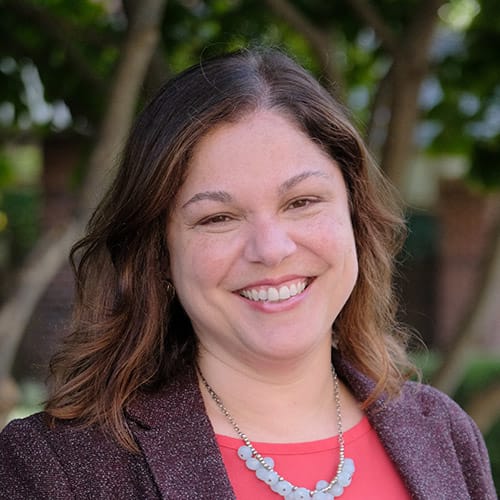About Senior Health
Explore senior health articlesAbout Senior Care Options
Explore senior living articlesAbout Finances & Legal
Explore finances and legal articlesAbout Products for Seniors
Explore products for seniorsAbout Senior Health
Explore senior health articlesAbout Senior Care Options
Explore senior living articlesAbout Finances & Legal
Explore finances and legal articlesAbout Products for Seniors
Explore products for seniors

It’s normal to have financial concerns as your parent ages. You might be concerned about your parent spending more money than they have saved for their retirement, or you may worry they are an easy target for financial scammers. No matter what your concerns are, you can take steps now to help your parent manage their finances. This might mean creating a budget, finding ways to bring in income, or offering to help manage finances yourself.
Our free tool provides options, advice, and next steps based on your unique situation.

Our free tool provides options, advice, and next steps based on your unique situation.

Our advisors help 300,000 families each year find the right senior care for their loved ones.
The information contained in this article is for informational purposes only and is not intended to constitute medical, legal or financial advice or create a professional relationship between A Place for Mom (of which OurParents is a trademark) and the reader. Always seek the advice of your health care provider, attorney or financial advisor with respect to any particular matter and do not act or refrain from acting on the basis of anything you have read on this site. Links to third-party websites are only for the convenience of the reader; A Place for Mom does not recommend or endorse the contents of the third-party sites.